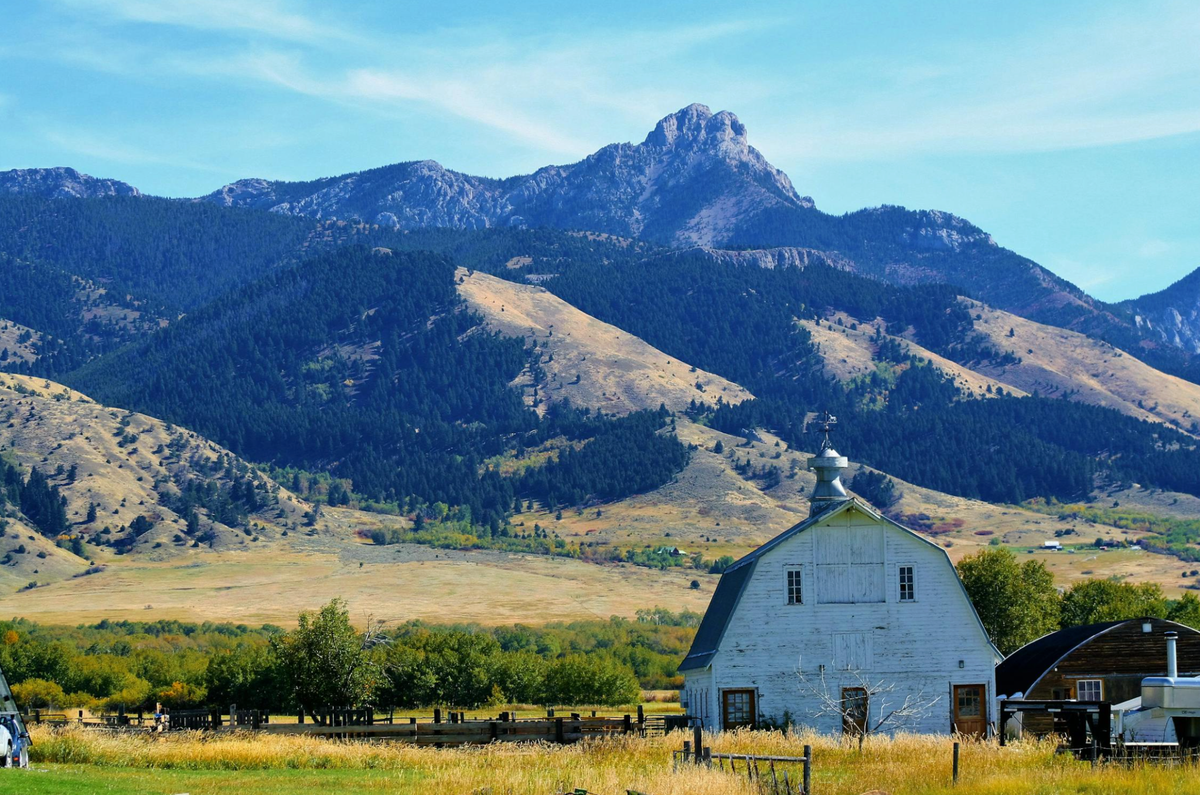Why Cooperatives Matter in Local Economies
Cooperatives are businesses owned and managed by their members. Their mission is not just to maximize profit but to serve the needs of the community: creating jobs, keeping income local, and supporting sustainable growth. In rural regions such as much of Montana, the cooperative model has particular value – it allows people to share risks, pool resources, and provide services that large corporations often find unprofitable.
Studies show that cooperatives in Montana contribute significantly to agriculture and food processing, energy, credit unions, retail, and utility services. Their impact on job creation, income retention, and community stability is notable.
Examples of Cooperatives and Cooperative Support in Montana
1. Montana Cooperative Development Center & Montana Council of Cooperatives
These organizations are not cooperatives themselves but provide resources and guidance to communities across Montana. They help explore, launch, and manage co-op models, offering tools, training, and technical support.
2. LCCDC Cooperative Development Center
In western Montana, the Lake County Community Development Corporation (LCCDC) launched its Cooperative Development Center in 1999. The center provides technical assistance and educational support for both existing and emerging cooperatives.
3. Western Montana Growers Cooperative
This farmer-owned cooperative works with the Mission Mountain Food Enterprise Center to strengthen “farm-to-table” supply chains. It improves processing and distribution of local products, ensuring access to high-quality, locally grown food.
4. Electric Cooperatives
Montana has a b network of rural electric cooperatives that provide power to communities outside major cities. The Montana Electric Cooperatives’ Association represents around 25 electric co-ops that serve hundreds of thousands of residents across the state.
How Cooperatives Strengthen Local Communities
- Job creation and retention: Co-ops employ local residents, sustain jobs in small towns, and help keep young people in their communities.
- Circulating capital locally: Profits are reinvested into local businesses or infrastructure rather than leaving the community.
- Shared risk and benefit: Members share expenses, decision-making, and rewards, creating more resilient enterprises.
- Access to services: Co-ops often fill gaps where private companies see little profit, such as distribution, food processing, or rural utilities.
- Education and empowerment: By involving members in governance, cooperatives build business skills, financial literacy, and ber community engagement.
Challenges and Success Factors
For cooperatives to succeed, they need b leadership, transparent governance, and trust among members. Common challenges include limited access to capital, weak marketing strategies, and lack of member engagement.
Montana law supports cooperative formation, and innovative models are emerging – including multi-stakeholder co-ops in areas like housing, childcare, and employee ownership transitions.
Conclusion
Cooperatives are more than just a business structure; they are a proven way for communities to thrive. In Montana, with the support of organizations like MCDC and LCCDC, and through successful examples in farming and energy, co-ops continue to be an anchor for sustainable development. By creating jobs, keeping capital in the region, and empowering local residents, they play a crucial role in building a ber future for Montana communities.



